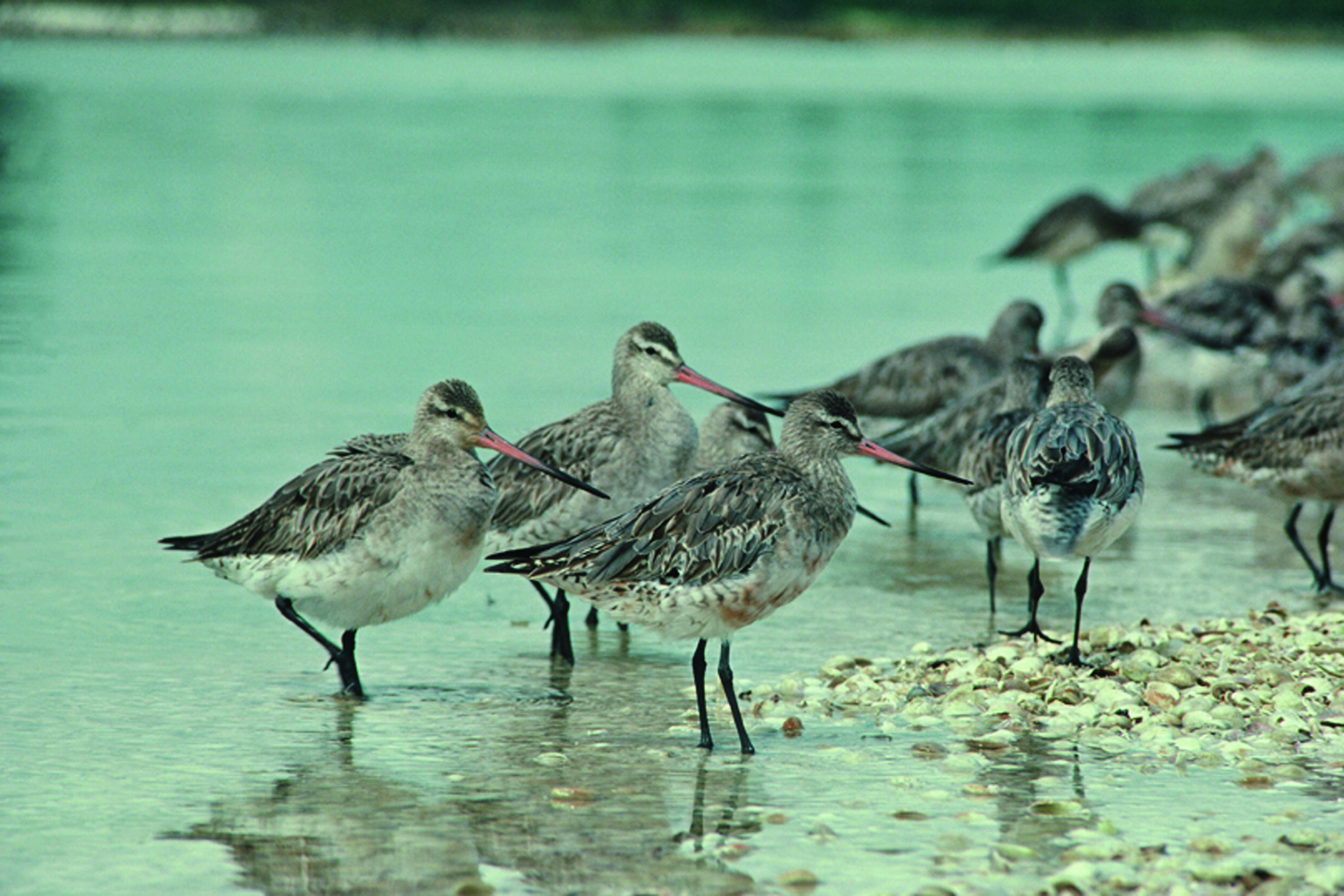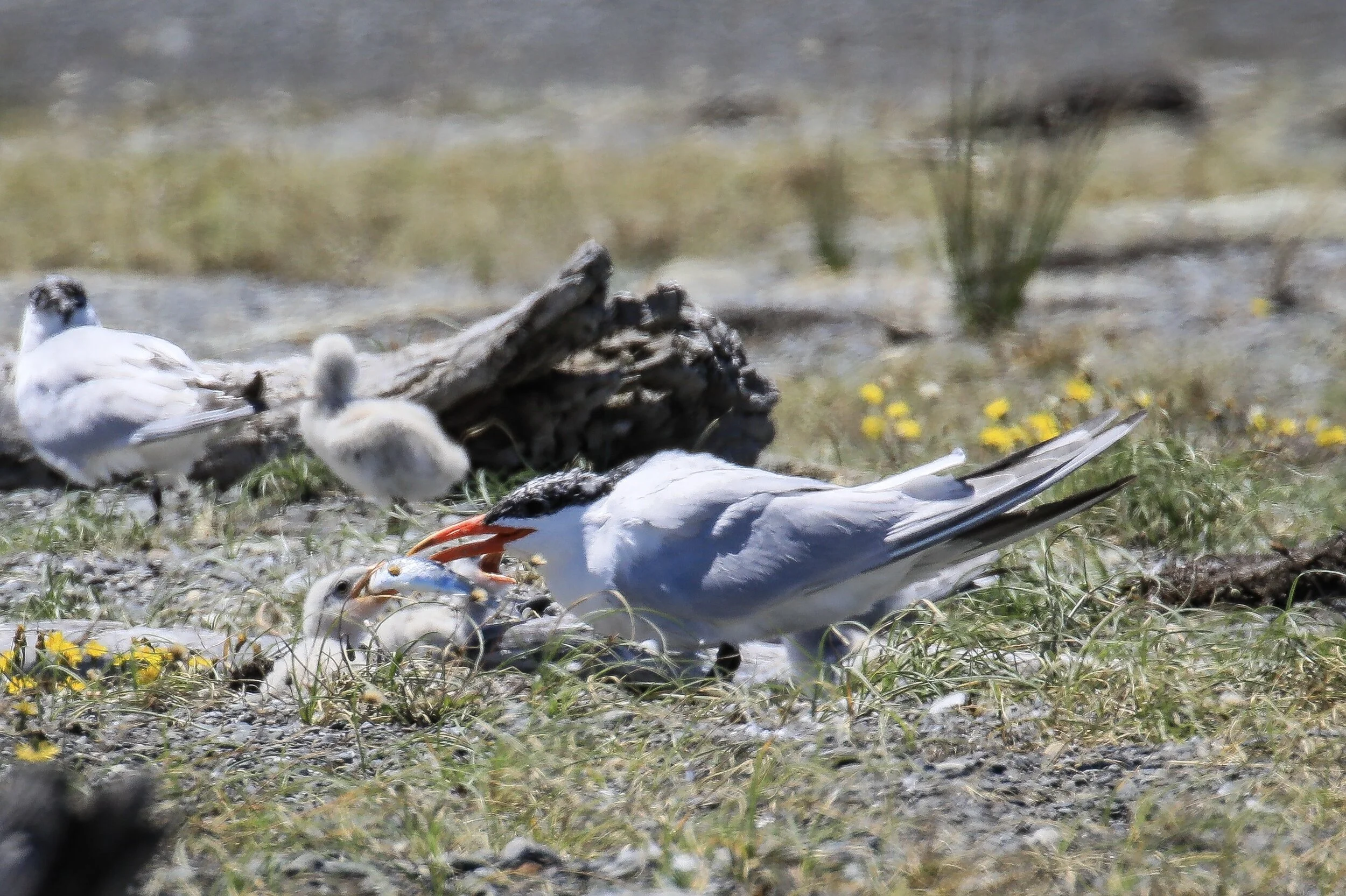Wairarapa Moana is home to a colourful and precious range of native birds. On these shores you can spot our kuaka (bar-tailed godwit) that flies over 30,000km in a year, our taranui (Caspian tern) that can dive from up to 15 metres above the water’s surface or if you’re really lucky you may catch a glimpse of our matuku (Australasian bittern) sneaking between the raupō.
Learn how you can do your part to protect our native birds – many are critically endangered and need all the help they can get.
Matuku-hūrepo (Bittern) caught on camera at Wairio Wetland by Jessica Wagner, a master's student at Victoria University
Matuku, Australasian Bittern
Pohowera, Banded Dotterel
Kuaka, Bar-Tailed Godwit
Kawau, Black Shag
Taranui, Caspian tern
Weweia, NZ dabchick
Pūweto, spotless crake
Tarāpuka, black-billed gull
Kuriri, Pacific Golden plover
Pūtangitangi, paradise shelduck
Kōtuku ngutupapa, royal spoonbill
Poaka, pied stilt
Threats to birds
New Zealand’s wildlife evolved without having to worry about land-based predators. The defence tactics they use are all to avoid being eaten by birds stalking from above. So when rats, mice, stoats and ferrets arrived in Aotearoa, they had a dramatic effect on our birds and other wildlife. Our birds, many of which nest on the ground, and some which are flightless, were no match for these predators.
We’ve lost about 70 per cent of our forests and 90 per cent of our wetlands to make way for towns, cities and farmland. This means that there are fewer places for birds to live and find food.
How you can help:
Trap introduced predators such as rats, ferrets and hedgehogs in your backyard
Plant trees and wetland plants to increase habitat
Join one of the many groups involved in trapping and restoration
Keep your cats indoors at night to stop them eating vulnerable eggs and chicks
Keep your dog on a lead, and don’t take your dog near where birds are nesting during spring and summer
Don’t drive on beaches, or if you must, stick to the main path to avoid crushing nests and alarming birds
Reduce your carbon footprint. Many of these birds are already suffering from habitat loss and this is likely to get worse with climate change.
What are we doing to help?
Our staff and community members are out and about in Wairarapa Moana regularly controlling plant and animal pests
We work with farmers to fence off and control weeds in wetlands and other areas of high biodiversity value to increase habitat for native birds.













